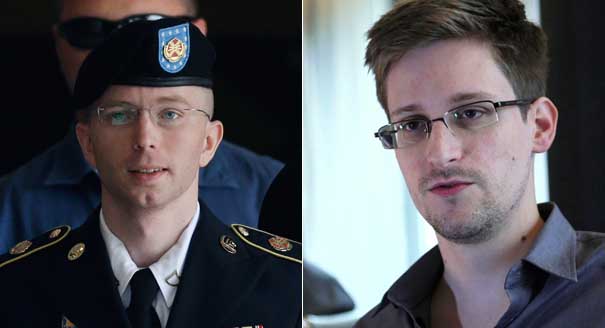
In Foreign Affairs, Henry Farrell and Martha Finnemore argue that, as a result of whistleblowing, the US is “no longer able to rely on easy hypocrisy“ in our foreign policy. “Secrecy can be defended as a policy in a democracy. Blatant hypocrisy is a tougher sell. Voters accept that they cannot know everything that their government does, but they do not like being lied to.”
Note: The link is behind a paywall, but Digby has an excerpt and thoughts up, as does Farrell in the Washington Post. This also reminds me of Neal Stephenson’s Neo-Victorians in The Diamond Age, which I presume is the tack a defender of our obvious diplomatic double-standards would take: “That we occasionally violate our own stated moral code…does not imply that we are insincere in espousing that code.”
